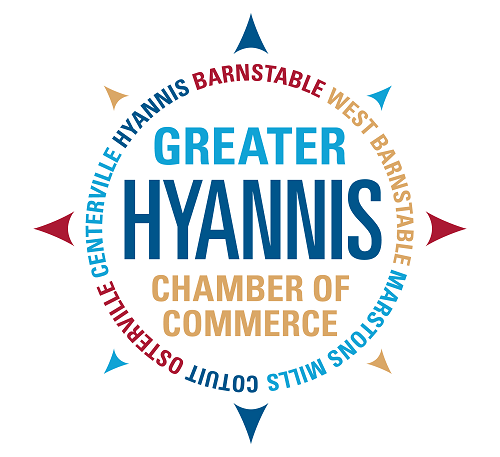During the holiday season, consumers typically experience an uptick in online and telephone scams, including debit/credit card fraud and social engineering, through which cybercriminals manipulate people into performing actions or divulging confidential information. Exacerbating the problem this year are fraudulent appeals, designed to elicit an emotional response to provide financial aid to those impacted by recent regional and world events.
Fortunately, there are an abundance of tools and resources consumers can use to be on guard against fraud attempts and help identify potential scams. When it comes to stopping cybercrime, knowledge is the best defense.
During the holiday season – and year-round, for that matter – it is important to regularly monitor your bank accounts and the transactions debiting and crediting to those accounts, quickly reporting any suspected signs of fraud to the bank, which, in turn, can notify law enforcement agencies. If you use online and mobile banking products, check with your bank to determine if you can set up various notifications and alerts that will inform you of various types of activity, perhaps even enabling you to deactivate your debit or credit card if you suspect fraud.
“Community banks are on the frontlines of discovering, identifying and reporting online fraud,” said Yarmouth Police Department Chief Kevin Lennon. “When banks work closely together with local law enforcement, we are often able to act quickly to alert unsuspecting residents and prevent them from falling victim to cybercriminals.”
A scam does not have to be elaborate to fool someone. Scammers have a vast toolbox they can choose from to use tried-and-true scams from years gone by, to more elaborate scams using today’s most advanced technology. Whether the scam is old or new, they usually have warning signs that should help you spot them.
Scammers usually pretend to be contacting you from a legitimate organization. It is very easy for a scammer to manipulate the phone number you see displayed in the caller ID on your telephone. Always authenticate who you are speaking to and learn the major warning signs of a scam, including: pressure for you to act immediately; allegations that you are in trouble with the government (IRS, local sheriff, etc.); notification that you are a prize or sweepstakes winner; or a request to submit an unusual form of payment such as retail gift cards.
To avoid scams, consumers must authenticate who they are really dealing with. For instance, if the caller claims to be from the IRS, then get off the call and dial an IRS office directly to determine legitimacy. And, most importantly, never offer personal or financial information for a request that was unexpected or not initiated by you and never feel pressured into acting immediately.
For more information on how to identify potential scams and prevent yourself from falling victim to a cybercriminal, please visit one of the following resources:
- The Cooperative Bank of Cape Cod’s website security page:
https://www.thecooperativebankofcapecod.com/resources/your-security/
- The Federal Trade Commission (Identity Theft and Online Security)
https://consumer.ftc.gov/identity-theft-and-online-security
Take the time now to learn about fraud prevention and don’t let cybercriminal activity take the joy out of your holiday celebrations.
Paul Forni is the Information Security and Red Flag Officer for The Cooperative Bank of Cape Cod.

























